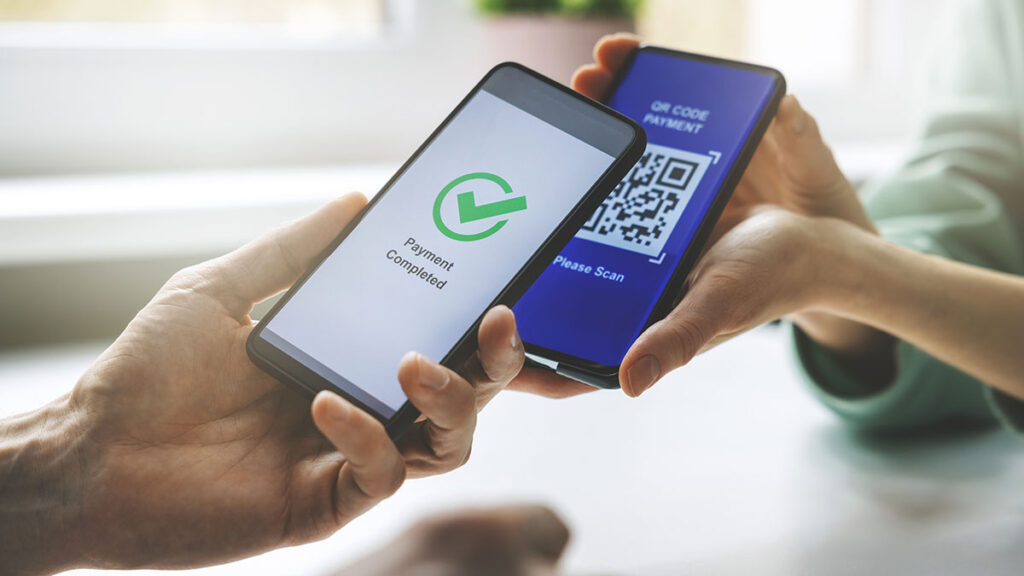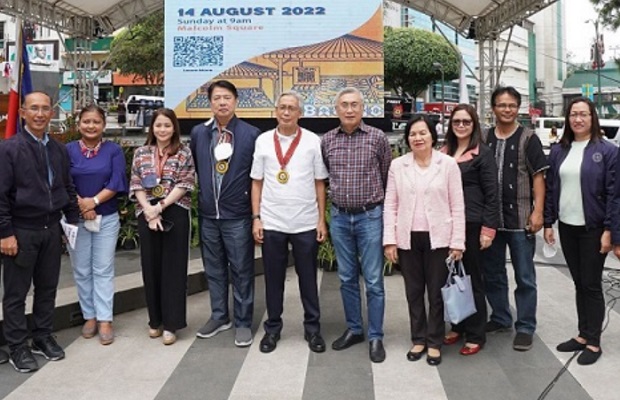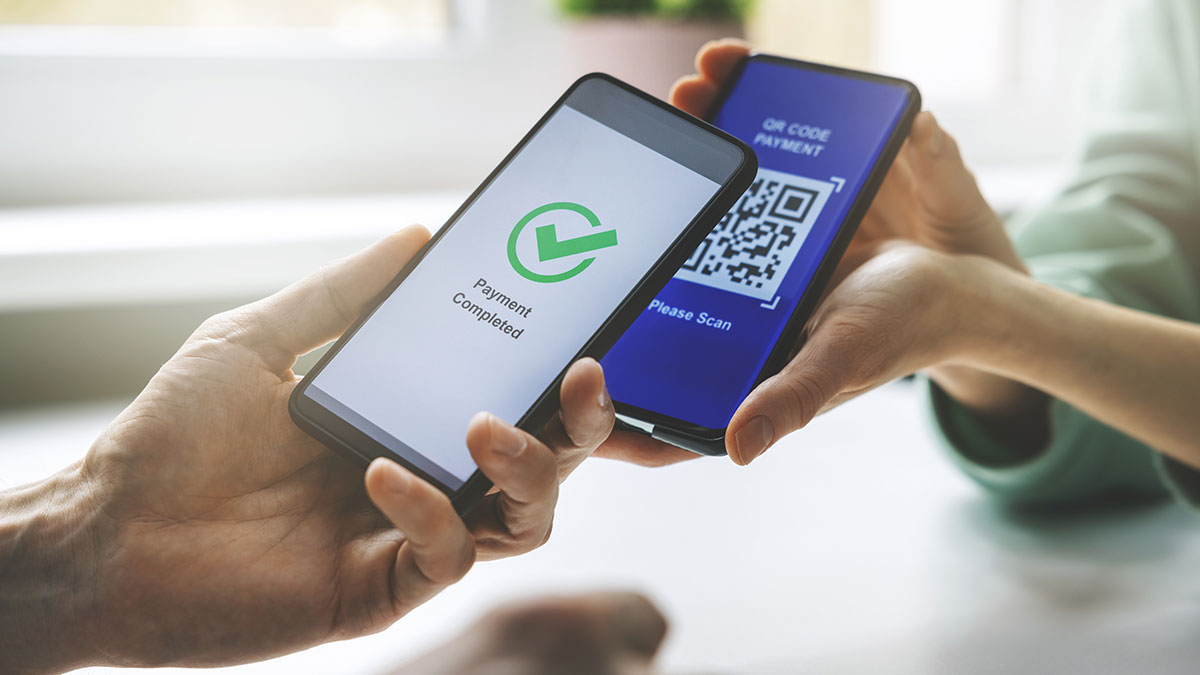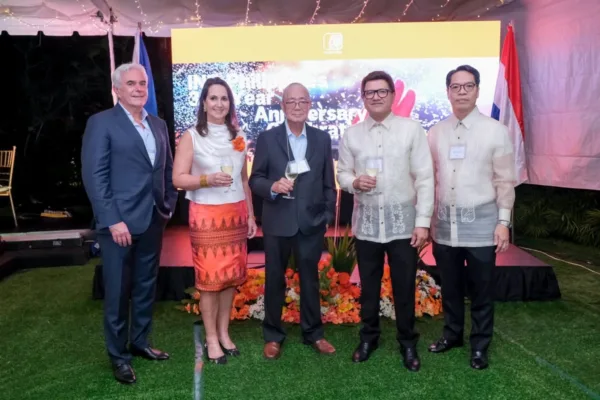Visa, a global leader in digital payments, has partnered with Thames International and the City Government of Baguio to drive the digital transformation of the city’s vibrant MSME sector.
By empowering local businesses with the tools and knowledge they need to thrive in the digital age, this five-year partnership aims to revolutionize the way businesses operate in the Philippines’ iconic Summer Capital.

Visa partnership to provide a digital boost for Baguio City’s MSMEs
Baguio City, renowned for its picturesque landscapes and rich cultural heritage, is home to a thriving MSME sector. However, many of these businesses still rely on traditional payment methods, limiting their growth potential.
Visa’s partnership aims to address this challenge by:
1. Promoting digital payments— By encouraging the adoption of digital payment solutions, Visa aims to make it easier for MSMEs to accept payments from a wider range of customers, both domestic and international. This can also lead to:
- Increased sales: By encouraging the acceptance of digital payments, Visa can help MSMEs expand their customer base, particularly tourists who prefer cashless transactions.
- Reduced operational costs: Digital payments can streamline operations, reduce the need for cash handling, and minimize the risk of theft or loss.
- Enhanced financial inclusion: Digital payments can help MSMEs access financial services, such as loans and credit, which can be crucial for their growth and development.
2. Leveraging data insights – Visa Destination Insights will provide valuable data on visitor spending patterns and preferences. This could lead to:
- Informed decision-making: By offering valuable data on visitor spending patterns, peak seasons, and popular tourist attractions, businesses will be empowered to make informed decisions and tailor-fit their offerings to meet the evolving needs of customers. This information can help MSMEs optimize their business strategies.
- Market intelligence: By analyzing data on consumer behaviour, MSMEs can identify emerging trends and opportunities to stay ahead of the competition.
3. Upskilling the workforce – Through workshops and training programs, MSMEs will have the opportunity to acquire the necessary skills to navigate the digital landscape and effectively utilize digital tools, allowing them to acquire:
- Digital literacy: Visa can provide training programs to equip MSME owners and employees with the skills needed to use digital tools and technologies effectively. This includes training in digital marketing, e-commerce, and financial management.
- Cybersecurity awareness: By educating MSMEs on cybersecurity best practices, Visa can help protect them from cyber threats and ensure the security of their digital transactions.
4. Facilitating partnerships – The partnership will help facilitate connections, enabling them to leverage cutting-edge solutions to improve efficiency and customer experience. It will also allow them to:
- Connect with global experts: Visa can facilitate connections between Baguio City MSMEs and global experts in the payments industry, allowing them to learn from best practices and innovative solutions.
- Partner with technology providers: By fostering partnerships with technology providers, Visa can help MSMEs access affordable and reliable technology solutions to improve their operations.
By implementing these strategies, Visa’s partnership with Baguio City can help MSMEs thrive in the digital age, leading to increased revenue, job creation, and overall economic growth for the city.
First LGU to launch the Paleng-QR PH program

Photo shows (from left) Baguio City Mayor Benjamin Magalong, Department of Tourism CAR Regional Director Jovita Ganongan, BSP Deputy Governor Bernadette Romulo-Puyat, Monetary Board Member Peter Favila, then BSP Governor Felipe Medalla, Baguio Congressman Marquez Go, Councilor Betty Lourdes Tabanda, DILG CAR Regional Director Araceli San Jose, Councilor Leandro Yangot, and DILG Baguio Field Office City Director Millicent Cariño during the launch of Paleng QR PH in Baguio City.
Baguio City was the first local government unit to launch the Paleng-QR PH program, a government initiative aimed at promoting cashless payments in public markets and transportation.
The program, a joint effort by the Bangko Sentral ng Pilipinas (BSP) and the Department of the Interior and Local Government (DILG), aims to drive financial inclusion and digitalization in the country.
“Baguio City has taken significant strides in digital transformation, making it an ideal location to launch Paleng-QR PH,” said then BSP Governor Felipe Medalla. “We are confident that this initiative will benefit both consumers and businesses alike.”
The program’s launch in Baguio City involved setting up booths in Malcolm Square to assist market vendors and shop owners in opening transaction accounts and generating QR codes. The city government is also planning to incentivize businesses to adopt the Paleng-QR PH program through tax discounts and other benefits.
“By embracing digital payments, we can improve efficiency, transparency, and public health,” said Baguio City Mayor Benjamin Magalong. “This initiative aligns perfectly with our city’s goal of becoming a digitally advanced and sustainable city.”
In a media advisory released last July, the BSP also announced that the Philippines has successfully met its ambitious target of digitalizing half of its retail payments and is now on the right track towards achieving its goal of being a cashless economy.
A brighter future for Baguio City

Visa, in partnership with Thames International and the City Government of Baguio, is embarking on a five-year initiative to digitally transform the city and empower its local businesses.
This strategic collaboration aims to support micro, small, and medium enterprises (MSMEs) by promoting digital payments, fostering innovation, and providing valuable insights.
By leveraging Visa’s expertise and technology, MSMEs in Baguio City can enhance their operational efficiency, expand their customer base, make data-driven decisions, upskill their workforce, and explore innovative solutions.
This will not only benefit individual businesses but also contribute to the overall economic growth and development of the city.
As a UNESCO Creative City of Crafts and Folk Art, Baguio City is renowned for its rich cultural heritage and thriving creative industries. By embracing digital technologies, the city can further enhance its appeal to tourists, and strengthen its position as a cultural and economic hub, eventually leading to a more inclusive and prosperous future for its residents.








